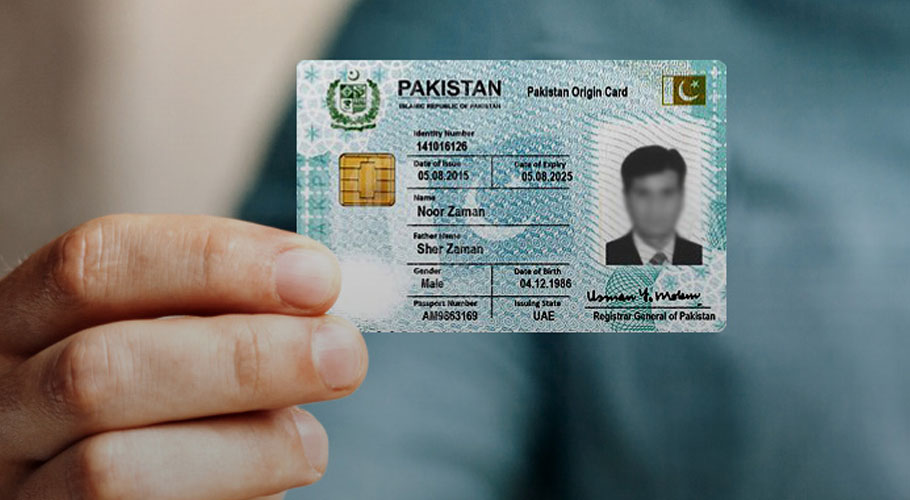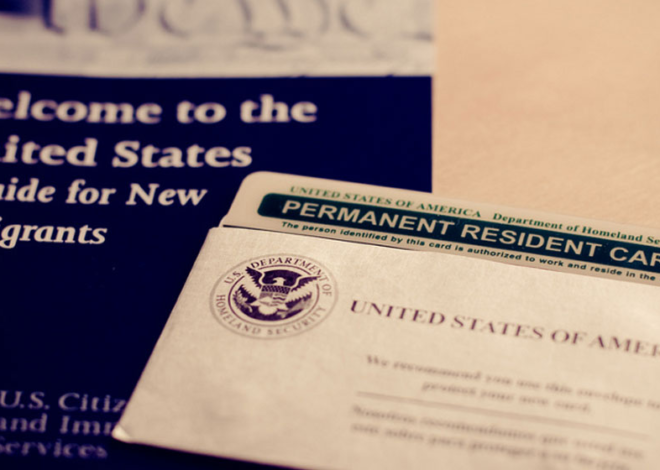
NADRA Staff Involved in Issuance of Fake CNICs, Senate Body Informed

The Senate Standing Committee on Interior has put forth recommendations to address critical issues concerning national security. The primary concerns discussed include the proliferation of fake computerized national identity cards (CNICs), the unlawful sale of citizens’ family data on the black market, and the issuance of multiple SIM cards on a single CNIC for illicit purposes.
During the committee meeting chaired by Senator Mohsin Aziz, it was revealed that some staff within the National Database and Registration Authority (NADRA) and external actors have been complicit in the issuance of counterfeit CNICs. Unauthorized residents manage to infiltrate native family trees by offering bribes to family members.
The Chairman of NADRA reported that approximately 84 officials have been suspended so far, but a lack of legislation regarding data privacy hampers more stringent punitive measures. The committee recommended adopting modern security measures to tackle these issues effectively.
The issue of passport acquisition faced by the Mehsud tribe in Karachi was also addressed during the meeting. The Director-General of Passport and Immigration, Mustafa Jamal Kazi, stressed that the department doesn’t discriminate against any individual. However, the delay in passport issuance occurs because Mehsud tribe members are obtaining passports in Karachi, contrary to regulations stipulating that citizens should acquire their first passport in their respective districts.
Kazi also emphasized that the Passport and Immigration Department, despite generating Rs. 39 billion in revenue last year, has yet to modernize its technology, leading to delays in passport issuance. The committee instructed Kazi to provide detailed information about the department’s challenges.
The Pakistan Coast Guards (PCG) briefed the Senate body about its functions, performance, achievements, strengths, and weaknesses. Moreover, the committee addressed concerns related to the Senate Employees Cooperative Housing Society. Discussions revolved around plot possession details, the number of eligible allottees, and the current status of available land for possession.
The Deputy Commissioner Islamabad clarified that the society was registered in 1996 and acquired 1,054 kanals of land from 2005 to 2016. After receiving a non-affiliation notice from the Senate of Pakistan, the society changed its name to Federal Residents Cooperative Housing Society. However, Senator Kamil Ali Agha argued that the society was established under the Senate of Pakistan, and the NOC was issued under its name. Administrative lapses allowed private entities to take over the society’s management.
Senator Saifullah Abro requested that the committee receive details of payments made by Senate employees for membership acquisition. The committee encouraged its members to compile a list of questions to facilitate a comprehensive discussion on the matter.
Additionally, the committee endorsed the nomination of Senator Asad Ali Junejo as a Member of the Board of Governors of the National Counter-Terrorism Authority (NACTA). These discussions and recommendations underline the Senate’s commitment to addressing key security and administrative issues for the benefit of the nation.
Also, see:
World Bank Clarifies Taxation Proposal for Incomes Under Rs. 50,000







